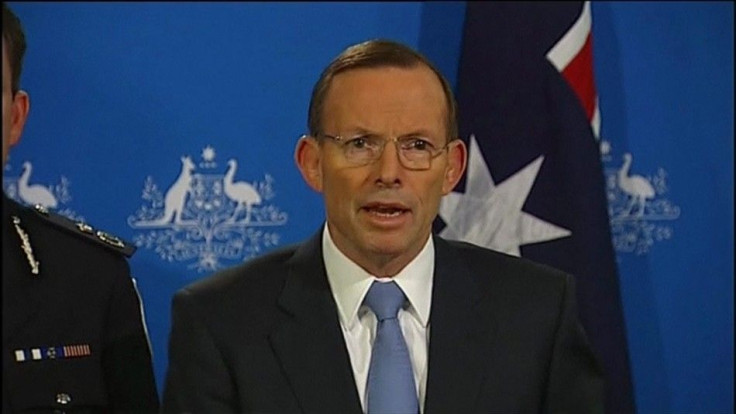‘Deployment in Middle East May Put Australia at Risk of Terrorist Action’

Australia has decided to deploy 600 personnel in the Middle East to aid the US led mission against the Islamic State. However, according to a university professor, it may increase Australia's chance of being under terrorist attack even more.
Roger Markwick, a University of Newcastle professor of History, expressed deep concerns about Tony Abbott's decision to go ahead with the deployment. He said that the Australian prime minister created a similar situation like what John Howard, the former Australian PM, had created by sending forces to Iraq in 2003.
ABC News reported that Markwick believed that, by the decision of the deployment, Australia might have taken a risk of being a probable target by terrorists. "I'm not sure anybody has yet seen real evidence that there is a direct threat of terrorist action in this country," Markwick said, "But I would think that in fact the reality of Australia involving itself in affairs that really I don't believe are any of our Government's business could in fact increase the possibility of some kind of terrorist action."
Foreign Minister Julie Bishop, in the meantime, said that more number of Australians would get terrorist training as Abbott had made the decision to deploy Australian forces in the Middle East. The West Australian reported that Bishop Australia's priority would be to disrupt the terrorist activities developed at home. At the same time, she said that around 150 trained Australian terrorists who were working overseas. The number has increased five times since the Afghanistan war.
Bishop also said that the threat was getting even greater. "The threat is real, and it's increasing," she said. Bishop said that there were around 30 Australians who were reported to be radical extremists before the NATO-led intervention into Afghanistan. Those were trained either by the Taliban or al-Qaida, she said.
On the other hand, Markwick also said that he was not sure if the military action by major powers would solve the crisis in the Middle Eastern countries. "I'm not even sure that a military solution orchestrated by major powers, by the major power the United States, is going to assist the situation," he said, "If anything it might well make it worse because it seems to me a movement like IS has thrived in the context of social chaos and incessant warfare."
Contact the writer: s.mukhopadhyay@ibtimes.com.au





















